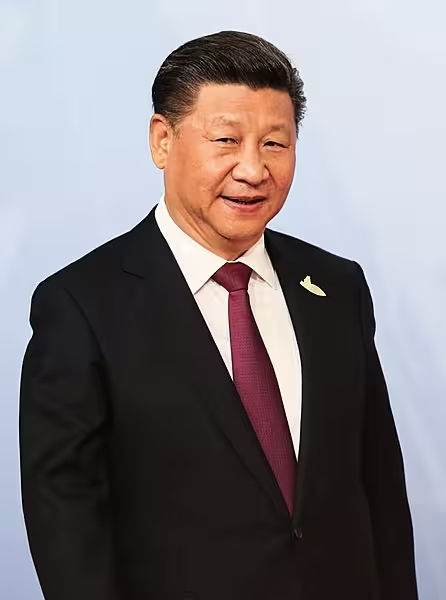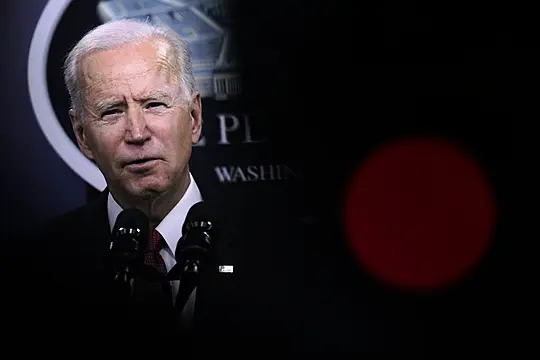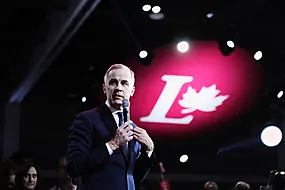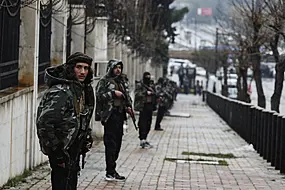Joe Biden on Wednesday held his first call as president with Xi Jinping, pressing the Chinese leader about trade and Beijing’s crackdown on democracy activists in Hong Kong as well as other human rights concerns.
The two leaders spoke just hours after Mr Biden announced plans for a Pentagon task force to review US national security strategy in China and after the new US president announced he was levying sanctions against Myanmar’s military regime following this month’s coup in the south-east Asian country.
A White House statement said Mr Biden raised concerns about Beijing’s “coercive and unfair economic practices”.
Mr Biden also pressed Mr Xi on Beijing’s crackdown in Hong Kong, human rights abuses against Uighur and ethnic minorities in the western Xinjiang province, and its actions toward Taiwan.

In an exchange with reporters in the Oval Office on Thursday, Mr Biden described his talk with Mr Xi as a good conversation.
But the president expressed concern that Beijing would build an advantage as economic competitor if the US did not move quickly to bolster the nation’s infrastructure, including roads, bridges and public transportation.
“We don’t get moving, they’re going to eat our lunch,” Mr Biden said.
China’s state broadcaster CCTV struck a mostly positive tone about the conversation, saying Mr Xi acknowledged the two sides had their differences, and those differences should be managed, but urged overall co-operation.
CCTV said Mr Xi pushed back against Mr Biden’s concerns on Taiwan, Hong Kong and Xinjiang, saying the issues were China’s internal affairs and concerned Chinese sovereignty.
He warned: “The US should respect China’s core interests and act with caution.”

Mr Biden, who had dealt with the Chinese leader when he served as Barack Obama’s vice president, used his first three weeks in the White House to make several calls with other leaders in the Indo-Pacific region.
He has tried to send the message that he would take a radically different approach to China than former President Donald Trump, who placed trade and economic issues above all else in the US-China relationship.
With Japanese Prime Minister Yoshihide Suga late last month, Mr Biden underscored the US commitment to protecting the Senkaku Islands, a group of uninhabited islets administered by Tokyo but claimed by Beijing.
In his call with India’s Prime Minister Narendra Modi, Biden emphasised the need for “close cooperation to promote a free and open Indo-Pacific”.
And in his call with Australian Prime Minister Scott Morrison last week, the president highlighted that the two nations’ alliance was essential to stability in the region, the White House said.
Prominent aides to Mr Biden have repeatedly heard from Asia-Pacific counterparts who had become discouraged by Mr Trump’s frequently sharp rhetoric aimed at allies, talk of reducing troop levels in South Korea and odd interactions with North Korean dictator Kim Jong Un, according to a senior administration official who spoke on condition of anonymity.
Allies in the region have made clear they want a more purposeful and steady approach to engagements going forward, according to the official.







